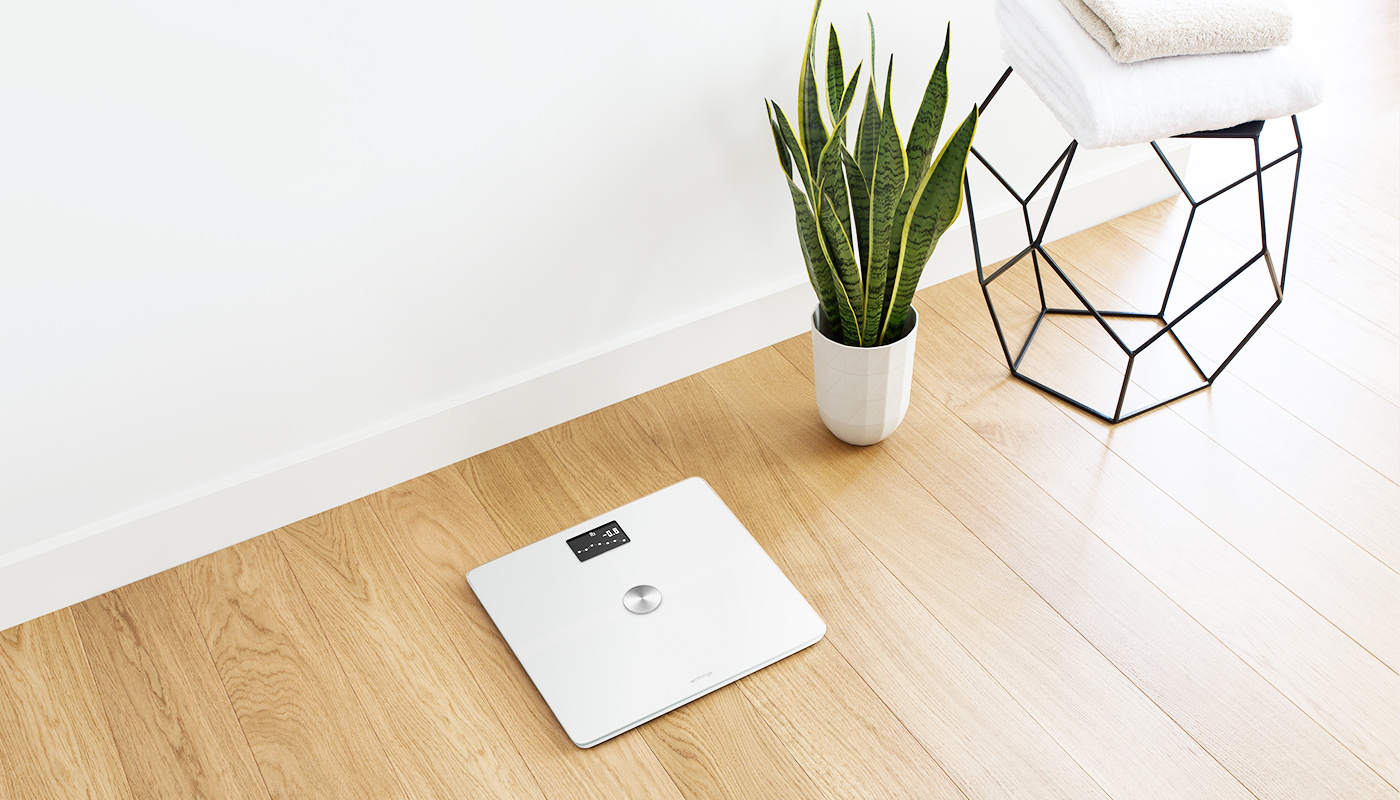I Didn’t Realize a Scale Could Tell Me More Than Just Weight—Here’s What Happened When I Tried This One for a Month
So, I've previously chosen to ignore it, and instead have focused on other healthy pursuits I can feel super proud of—like eating nutritious foods, moving regularly, and generally trying to live a well-balanced lifestyle—that have nothing to do with my weight. That is, until I learned what a goldmine of health-promoting data a smart scale could be.
Now, if you know weighing yourself isn't great for your mental health, you totally don't need to do it—there are plenty of non-measurable metrics (i.e. confidence, self-empowerment, the way your body feels or what it can do, etc.) that contribute to your overall well-being. But as I've progressed along my wellness journey, I've personally been curious about some of the other metrics weight can help inform, like whether I'm eating enough food to fuel my workouts or how much muscle I'm actually building—especially now that I'm hoping to start training for my first marathon.
That is, until I learned what a goldmine of health-promoting data a smart scale could be.
And that's why I decided to check out a scale that takes as holistic of an approach to tracking health as I do: the Withings Body+ Scale. Besides measuring weight, the smart scale also calculates body fat percentage, muscle mass, water percentage, and bone mass—metrics I couldn't have even attempted to guess myself that actually impact how I manage my marathon training (more on this later).
"Weight alone may not give you the whole picture," says Paul-Edouard Juan, head of products at Withings. "Being able to see your full body composition and track these numbers can give you a better idea of your body’s changes and your overall health."
I'm always down to learn more about how to be the healthiest version of me, so I strapped in for a month-long educational experience of trying out the smart scale. Here's how it went.
Keep reading to find out what happened when I tried out this smart scale for a month.

How my mindset changed
Before I started using the smart scale, I wanted to know how it worked. (Seriously, how does it know how much my bones weigh?) "The Body+ scale uses Bioelectrical Impedance Analysis, which sends a tiny, safe electrical current through your body to measure your impedance," Juan says. Impedance is the level of resistance the current encounters as it travels through your body, and more resistance typically means a higher body fat percentage because fat is denser than muscle.
Impedance can then be used to estimate your total body water, Juan says, to complete the body composition puzzle. "Total body water can be used to estimate your fat-free body mass, and when that is subtracted from your total body weight, your fat mass. Fat mass plus bone mass plus muscle mass equals full body composition." #Science.
Knowing the different metrics were tied together helped me realize how likely it was that they'd change each day—and that's totally okay. For example, if you lift weights, you may see your weight increase, but you'll also see your muscle mass increase. Or you may retain more water when you have your period, so you'll see your water percentage go up (shout out to all the folks who deal with PMS bloating like I do).
Using my new database of info
The Body+ scale can store up to eight profiles (ideal for sharing with partners or roommates), and depending on what your goals are, you can sync over 100 different apps with Withings's free Health Mate app to easily track things like nutrition or workouts on your phone. Plus, having all the info in a centralized location makes it easy to share with a health-care provider if necessary.
My experience with the scale wasn't focused on achieving a particular physical goal, but now that I'm kicking off marathon training, I plan on using the metrics to ensure I'm staying hydrated (by making sure my total body water is at around 50 percent), building muscle as my training progresses (by noting how my muscle mass changes), and eating enough calories to power me through the long runs (by monitoring my weight and body fat percentage). I've started to think of my smart scale metrics as just another tool to help me along my health journey—not something that defines it.
Sponsored by Withings
Top photo: Getty Images/Halfpoint Images
Loading More Posts...